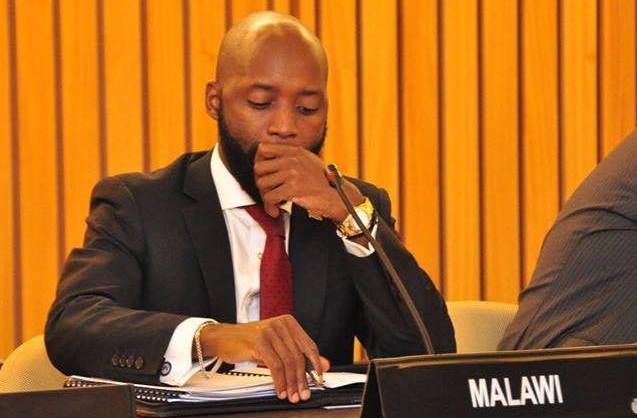DPP backs calls to abolish death penalty
Director of Public Prosecutions (DPP) Steven Kayuni has backed calls for the abolition of the death penalty.
The DPP was part of the meeting Minister of Justice Titus Mvalo presided over in Lilongwe on Thursday for different stakeholders to discuss the death penalty.

After the meeting, he posted on his Facebook page, saying real problems, like the death penalty argument, are not amenable to simple solutions.
The DPP said: “Usually it is a reflection of roots deep in history and collective psyche of individuals and groups. The prospect of a swift punitive reaction within the criminal justice arena might have a useful deterrent effect.
“However, if violent acts are still in progress, the expectation of punishment may not by itself be likely to end the atrocious acts. To deal with major incidents of unauthorised coercion and violence of convicts, a life or long sentence might contribute to lessening the toll in blood or psychological worry of being hanged one day.”
That, Kayuni said, might be an incomplete reaction since victims of the heinous crimes might not find solace, satisfaction or rehabilitation. He said no persons who may be pathologically violent would be removed from circulation.
“Today, [Honourable] Mvalo led us into a late night meeting yet again, agonising over the death penalty processes. The policy formulation championed by the minister is shining a light on searching inquiry of abolition of the death penalty in Malawi,” the DPP said.
Parliamentary Legal Affairs Committee chairperson Peter Dimba in an interview disclosed that the committee would present a report after public hearings across the country.
The regional consultations followed several other consultations the committee had with various groups, including Malawi Law Society (MLS), the Judiciary and several other civil society and religious groups.
But in his final take on the matter, MLS proposed that the issue should go for a referendum.
Dimba said it must be understood that what would be happening is not the actual amendment of the law.
The report, Dimba disclosed, would likely be tabled during the next sitting of the National Assembly in July.
University of Malawi lecturer Alexius Kamangila, who also attended most consultation meetings including the one in Mzuzu on May 20, said in an interview that despite the issue before the committee was whether to abolish or retain the death penalty.
“Though this presents a picture of total agreement to abolition, [as it is suggestive to the fact that we shouldn’t waste time on whether we should abolish or not, rather on how] it is still important to be addressed.
“The most controversial has been the call for the death penalty to be implemented through a referendum,” he said.
Kamangila said the Republican Constitution does not stipulate the death penalty; therefore, the calls for a referendum are misplaced or misguided.
Meanwhile, the majority of the legislators have supported the abolition of the death penalty.
During the last meeting of Parliament, the Parliamentary Legal Affairs Committee presented a report to lobby the House to support the abolition of the death penalty.





